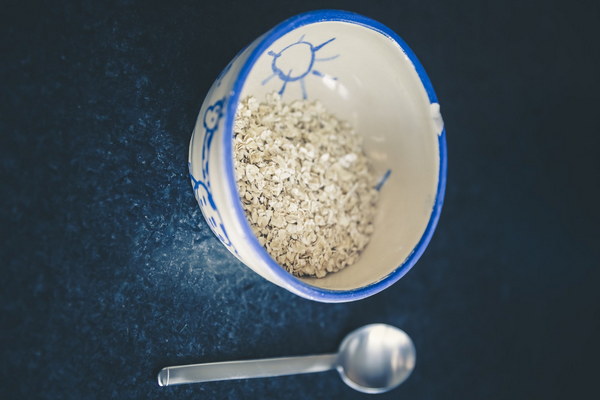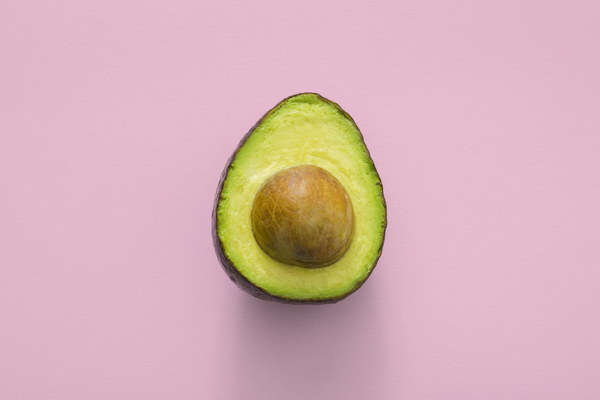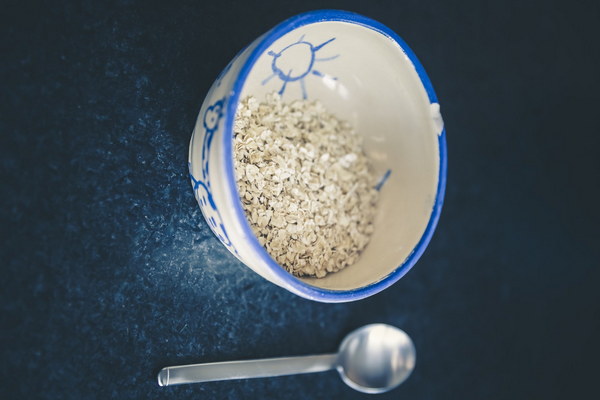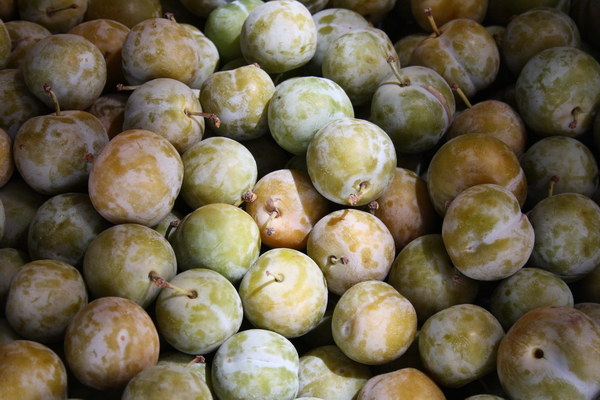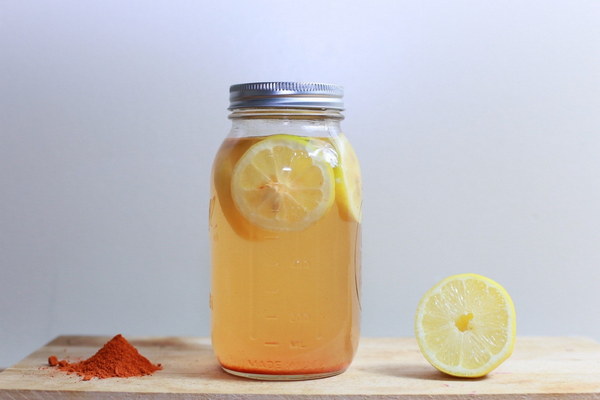Does Ophiopogon japonicus (Maidong) Have the Ability to Excrete Dampness
Introduction:
Maidong, also known as Ophiopogon japonicus, is a traditional Chinese medicine (TCM) herb that has been used for centuries to treat various ailments. One of the most common health issues that people seek to alleviate with maidong is dampness. Dampness is a concept in TCM that refers to the accumulation of moisture in the body, which can lead to various health problems. In this article, we will explore whether maidong has the ability to excrete dampness and its effectiveness in treating dampness-related conditions.
What is Dampness in TCM?
In traditional Chinese medicine, dampness is considered a fundamental pathogen that can cause various health issues. It is believed that dampness can be caused by external factors, such as humidity, or internal factors, such as excessive intake of cold and damp foods. Dampness can accumulate in different parts of the body and lead to conditions such as fatigue, edema, weight gain, and even more severe conditions like damp-heat syndrome.
How Does Maidong Work?
Maidong, with its botanical name Ophiopogon japonicus, is a herb that has been used in TCM to treat dampness. It is believed to have the following properties:
1. Cooling properties: Maidong is considered to have cooling properties, which can help alleviate the symptoms of dampness.
2. Nourishing properties: The herb is also believed to nourish the Yin, which can help balance the body's moisture levels and alleviate dampness.
3. Detoxifying properties: Maidong is thought to have detoxifying properties, which can help remove dampness from the body.
Does Maidong Have the Ability to Excrete Dampness?
Research and clinical evidence have shown that maidong does indeed have the ability to excrete dampness. The herb can help alleviate the symptoms associated with dampness, such as fatigue, edema, and weight gain. Here are a few ways in which maidong can help excrete dampness:
1. Improve digestion: Maidong can help improve digestion, which is essential for removing dampness from the body. By promoting the proper breakdown and absorption of nutrients, maidong can help prevent the accumulation of dampness in the digestive system.
2. Promote urination: The herb can also help promote urination, which can help eliminate dampness from the body through the urinary system.
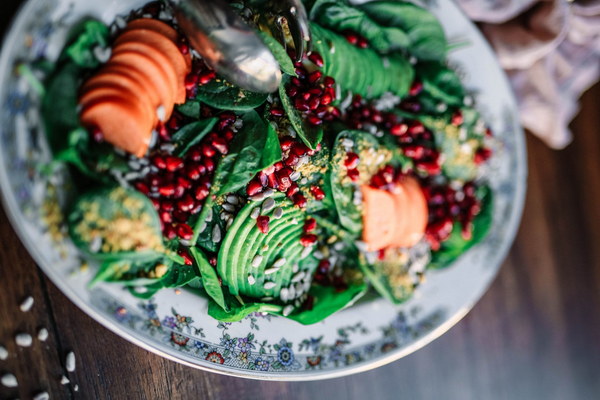
3. Enhance the immune system: A strong immune system is crucial for preventing the accumulation of dampness. Maidong has been shown to enhance the immune system, which can help protect against dampness-related conditions.
Is Maidong Effective in Treating Dampness-Related Conditions?
Clinical studies and anecdotal evidence suggest that maidong is effective in treating dampness-related conditions. The herb has been used to treat various ailments, such as:
1. Damp-heat syndrome: This condition is characterized by symptoms such as fever, thirst, irritability, and jaundice. Maidong can help alleviate these symptoms by cooling the body and removing dampness.
2. Edema: Maidong can help reduce edema by promoting urination and improving circulation.
3. Arthritis: Some studies have shown that maidong can help alleviate symptoms of arthritis by reducing inflammation and improving joint mobility.
Conclusion:
In conclusion, maidong, or Ophiopogon japonicus, has been used in traditional Chinese medicine to treat dampness for centuries. The herb possesses cooling, nourishing, and detoxifying properties that can help excrete dampness from the body. Clinical studies and anecdotal evidence suggest that maidong is effective in treating dampness-related conditions, such as damp-heat syndrome, edema, and arthritis. However, it is important to consult with a healthcare professional before starting any new treatment, including the use of maidong.





